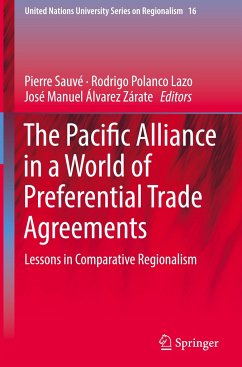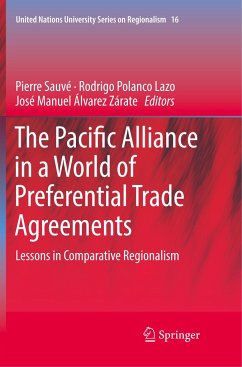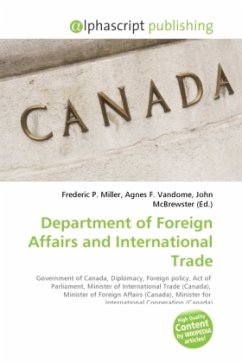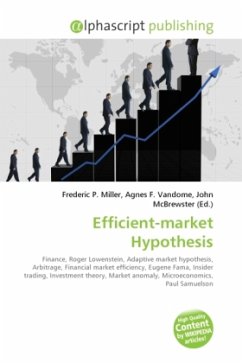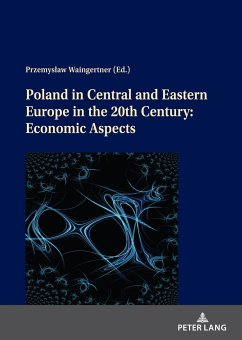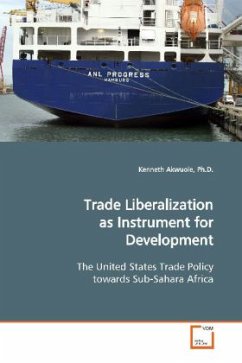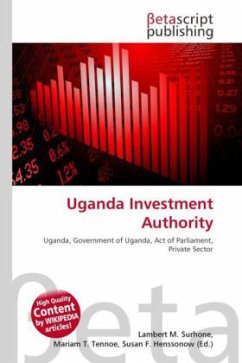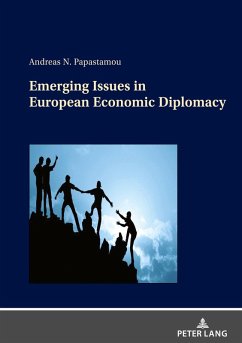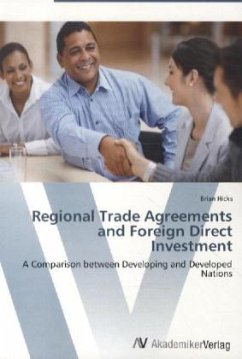
Regional Trade Agreements and Foreign Direct Investment
A Comparison between Developing and Developed Nations
Versandkostenfrei!
Versandfertig in 6-10 Tagen
32,99 €
inkl. MwSt.

PAYBACK Punkte
16 °P sammeln!
Revision with unchanged content. Do variations in institutional design influence the inward flows of foreign direct investment (FDI)? The application of distinctions in the creation of organi zations to FDI has been limited. Variations in RTA economic scope and independence gives foreign investors comparable signals as to the extent to which developing governments will apply liberal economic reforms as well as the ability of external agencies to enforce these reforms and protect invest ments. Conversely, stringent and strongly independent RTAs may actually prove to be inhibiting to foreign inv...
Revision with unchanged content. Do variations in institutional design influence the inward flows of foreign direct investment (FDI)? The application of distinctions in the creation of organi zations to FDI has been limited. Variations in RTA economic scope and independence gives foreign investors comparable signals as to the extent to which developing governments will apply liberal economic reforms as well as the ability of external agencies to enforce these reforms and protect invest ments. Conversely, stringent and strongly independent RTAs may actually prove to be inhibiting to foreign investment in developed countries by restric ting the previously successful economic actions. I apply a data set of FDI in flows for both developing and developed nations from 1970 to 2003. Controlling for alternative explanations and concerns of endogeneity, I find that elevated levels of both RTA economic scope and independence produce superior inflows of FDI into developing nations, while more independent RTAs actually reduce inward FDI movement into developed nations. This book is addressed to professionals in political science and toward research in the sub-fields of international organization.



